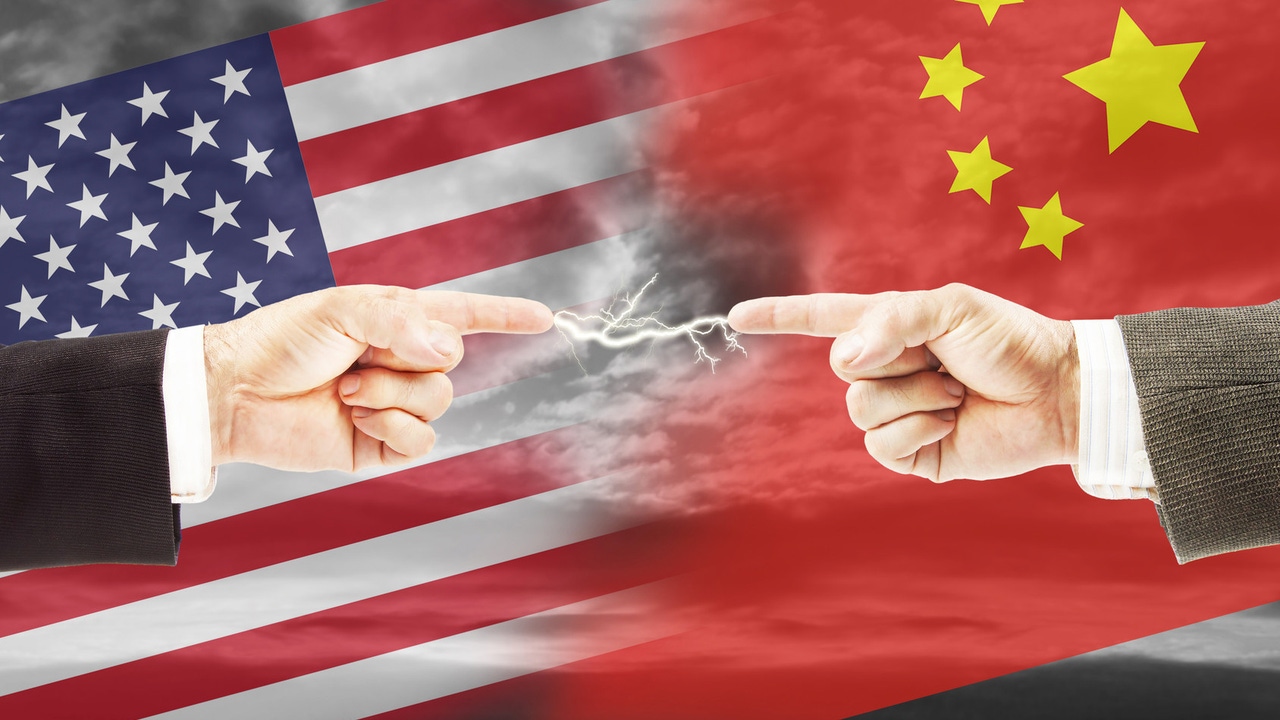US set to further escalate incoherent tech war on ChinaUS set to further escalate incoherent tech war on China
A couple of recent reports suggest the US will announce yet another round of trade sanctions designed to hobble the Chinese tech sector.
August 5, 2024

We have Reuters to thank for both, which seems to be a preferred channel for US government ‘leaks’, which are more likely approved briefings opting for the cover of anonymity. Today we’re told the US is expected to propose barring Chinese software in autonomous vehicles, a move that will also cover a ban on any vehicle that contains ‘Chinese-developed advanced wireless communications abilities modules’ from US roads.
By itself this isn’t especially surprising, since the main security argument for banning Chinese stuff has been that if relations with that country became overtly hostile, it could exercise some kind of remote control over anything containing Chinese hardware or software. The precise mechanisms of these dastardly deeds remain unclear but, at the very least, the Chinese government could order the company in question to suspend software updates.
It's hard to imagine any scenario more vulnerable to the kind of shenanigans China is frequently accused of plotting than interference in the function of an autonomous vehicle so, if anything, the main surprise is that a move like this wasn’t taken ages ago.
An even stronger indication of the incoherence of US policy towards Chinese tech is a Reuters story from last week that announced: New US rule on foreign chip equipment exports to China to exempt some allies. It goes on to identify those allies as Japan, South Korea and the Netherlands.
South Korea is one of the world biggest producers of all kinds of semiconductors, while Japan and especially the Netherlands produce much of the equipment necessary to manufacture the most advanced chips. American efforts to force these other countries to support its own foreign policy objectives – i.e. to shore up its crumbling global hegemony – seem largely to have failed, making it increasingly desperate.
A few weeks ago Bloomberg reported that the US was thinking of using its Foreign Direct Product Rule to increase that pressure but this latest report suggests that the country now recognises such a move would represent an excessive, and possibly still futile, expenditure of political capital. Having said that, the US has reportedly calculated that Israel, Taiwan, Singapore and Malaysia can be bent to its will. The latter especially seems like a long shot.
Long the champion of global free trade, the US is now attempting to use a web of sanctions and political pressure to manipulate that system. But it’s very hard to put that genie back in the bottle, with every initiative soon countered by workarounds as commercial self-interest reasserts itself. Of course, the US is totally entitled to ban whoever it wants from domestic soil, but attempts to make everyone else follow suit seem doomed to failure.
About the Author
You May Also Like










.png?width=300&auto=webp&quality=80&disable=upscale)


_1.jpg?width=300&auto=webp&quality=80&disable=upscale)